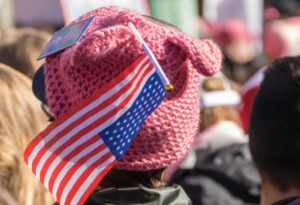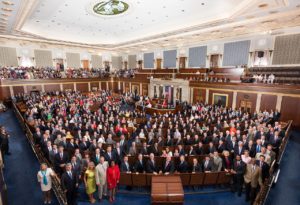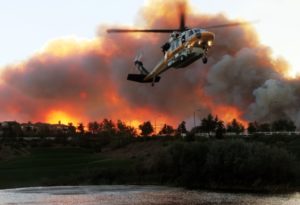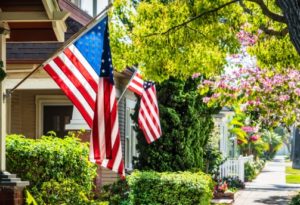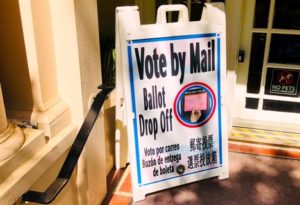Analysis
ANALYSIS: The 2018 election should have been a breeze for California Republicans. But three simultaneous forces, all moving toward Democrats, blew those prospects away. While one might think things can only get better for the GOP, there are some serious short- and mid-term obstacles to their recovery.
Analysis
ANALYSIS: The California stem cell agency this week is tooting a $150 million horn and heralding its efforts to assist stem cell businesses with development of therapies that could ease the travails of everything from cancer to blindness. It is all about a financial “valley of death” that can imperil biotech firms as they seek to turn research into an actual product that can be used by patients.
Analysis
Literally minutes after Donald Trump’s election in 2016, political pundits, consultants and prospective candidates started a march toward the mid-term elections. The expectations were set extremely high, with Democratic hopes of taking back the House of Representatives led, in part, by a huge gain in the limited number of remaining Republican-held congressional seats in California.
Analysis
ANALYSIS: This, too, shall pass: There will come a day in the not-too-distant future when we’ll be able to sit down in front of our television sets or computer screens without being subject to political campaign commercials. Hallelujah!
Analysis
California is at the epicenter of what could be a Democratic wave, and that’s amazing. In this election cycle, we are seeing something really astounding, yet many are treating it as if it was normal. Californians are poised to give Democrats anywhere from two to five — or even more — of the 24 Republican congressional seats across the country that Democrats need to win control of the House of Representatives.
Analysis
Nine races in November could determine which party controls the House for the next decade—and the map looks good for Democrats. This fall, Democrats face a bad map in the Senate and are in a tough battle to take back the House. But the party is on offense in nine crucial contests around the country that could determine control of Congress for the next decade.
Analysis
On Aug. 6, President Donald Trump made his first Twitter statement on California’s summer fire season, which started on June 1. Unlike his statement on last year’s Wine Country fires, when the president tweeted condolences to victims of the fires and support for the firefighters, Trump used these latest natural disasters to troll California with nonsense.
Analysis
On any given day, thousands of jailed people are awaiting trial, sentencing or hearings in any of California’s 58 counties. Many are in custody because they cannot afford to post bail. Legislation to allow people to be free while their case is in the Legislature and its fate will be decided by midnight Aug. 31 when lawmakers adjourn.
Analysis
A financial advisory firm called WalletHub recently issued a study listing the states according to how patriotic they are. Care to guess where California wound up? With July 4 loomimg, we thought we’d take a look. We’re 44th out of the 50 states.
Analysis
Since 2015 Capitol Weekly has been conducting polling to inform readers about policy and politics in the Golden State. This latest installment is an exit poll of voters done by Capitol Weekly using data and tools from Political Data, Inc. This polling focuses on early voters who cast ballots in the mail or at early voting centers. The full survey includes more than 11,000 respondents surveyed over a three-week period of ballot returns.

